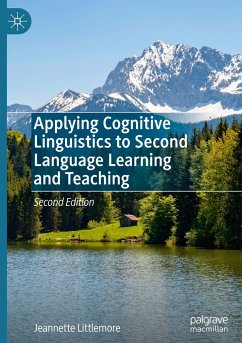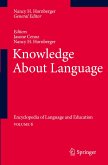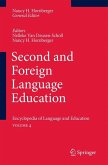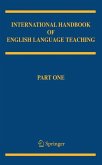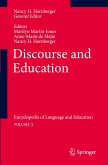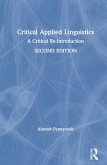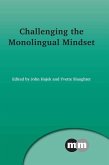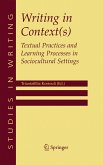This is a revised and updated edition of a seminal text in the field of Cognitive Linguistics, written in an engaging and accessible style for a new generation of scholars and students. The author surveys and incorporates a wealth of more recent studies conducted in different areas since the book's original publication in 2009, exploring how new areas of research within Cognitive Linguistics have emerged and flourished, and taking account of key studies that have progressed the field since its inception.
This new edition has been revised throughout to review, analyse and synthesise the latest state of the art in Cognitive Linguistics-inspired second language learning and teaching research, and suggests other areas that might benefit from further exploration. It will be essential reading for academics, educators and students across Linguistics and Education, particularly those with an interest in cognitive linguistics, second language acquisition, foreign language teachingand language education.
This new edition has been revised throughout to review, analyse and synthesise the latest state of the art in Cognitive Linguistics-inspired second language learning and teaching research, and suggests other areas that might benefit from further exploration. It will be essential reading for academics, educators and students across Linguistics and Education, particularly those with an interest in cognitive linguistics, second language acquisition, foreign language teachingand language education.
"Through theoretical perspectives and a pragmatic approach to pedagogy, Littlemore pushes the boundaries of how we understand and teach languages. The book, applicable beyond English, appeals to a global audience, offering researchers and educators a comprehensive guide to current practices and a roadmap for future inquiry." (Cheng Wang, Educational Review, October 2, 2024)
'Jeannette Littlemore's new book is the first comprehensive monograph dealing with the application of Cognitive Linguistics (CL) to the area of second language learning/ teaching. Here the key lies in understanding how the target language cognitive system works, and how it differs from the learner's first language system. Throughout the chapters, the author brings to light a number of key concepts of CL such as construal, categorization, encyclopaedic knowledge, metaphor, metonymy, embodiment and especially linguistic motivation, and considers the pedagogical implications that all of this has for the foreign language classroom.
This fascinating account, written in a clear and concise style, will undoubtedly make the reader recognize that cognitively learning another language will often involve learning to see things in a different way, both physically and linguistically. Jeannette Littlemore must be congratulated on achieving this ambitious goal.' Martin Pütz, University ofKoblenz, Germany
'Jeannette Littlemore has masterfully weaved together various threads of Cognitive Linguistics that are particularly relevant for language pedagogy. The result is a very coherent and accessible synopsis of over thirty years of work, covering areas ranging from vocabulary to grammar, from figuration to pragmatics, and from intonation to gestures. Equally impressive as the scope of the book is the way Littlemore points out numerous avenues for further research, in effect providing pedagogy-oriented cognitive linguists with a to-do list for the coming decades. All this makes Applying Cognitive Linguistics to Second Language Learning and Teaching a valuable source of information and inspiration for applied linguists as well as teachers and course developers.' - Frank Boers, Erasmus University, Rotterdam
This fascinating account, written in a clear and concise style, will undoubtedly make the reader recognize that cognitively learning another language will often involve learning to see things in a different way, both physically and linguistically. Jeannette Littlemore must be congratulated on achieving this ambitious goal.' Martin Pütz, University ofKoblenz, Germany
'Jeannette Littlemore has masterfully weaved together various threads of Cognitive Linguistics that are particularly relevant for language pedagogy. The result is a very coherent and accessible synopsis of over thirty years of work, covering areas ranging from vocabulary to grammar, from figuration to pragmatics, and from intonation to gestures. Equally impressive as the scope of the book is the way Littlemore points out numerous avenues for further research, in effect providing pedagogy-oriented cognitive linguists with a to-do list for the coming decades. All this makes Applying Cognitive Linguistics to Second Language Learning and Teaching a valuable source of information and inspiration for applied linguists as well as teachers and course developers.' - Frank Boers, Erasmus University, Rotterdam

